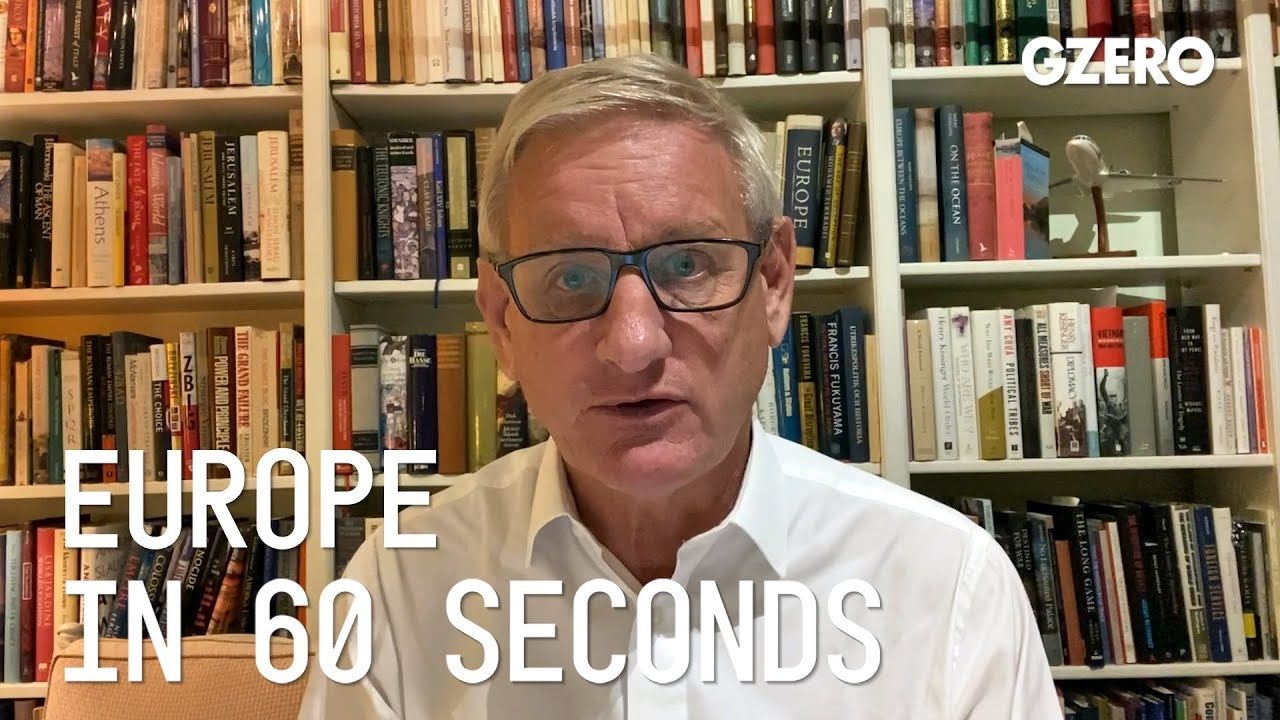
Carl Bildt, former Prime Minister and Foreign Minister of Sweden, shares his perspective on Europe In 60 Seconds:
Why would it be significant if the nerve agent Novichok, in particular, was used to poison Aleksei Navalny?
Highly significant. And the German government is absolutely certain, they say, that it was of the family of Novichok. Novichok isn't just anything. It is an extremely sophisticated, extremely dangerous, extremely difficult to manufacture nerve agent. It is no question that this is a nerve agent a poison that has origin in Russian state laboratories. And that, of course, has vast implications for the conclusions that we must draw.
How are European countries handling the reopening of schools?
There isn't any uniform answer to that. It's very different in different countries, highly dependent upon the how spread the virus is. So, it's a careful opening. But most of them are, in fact, opening.